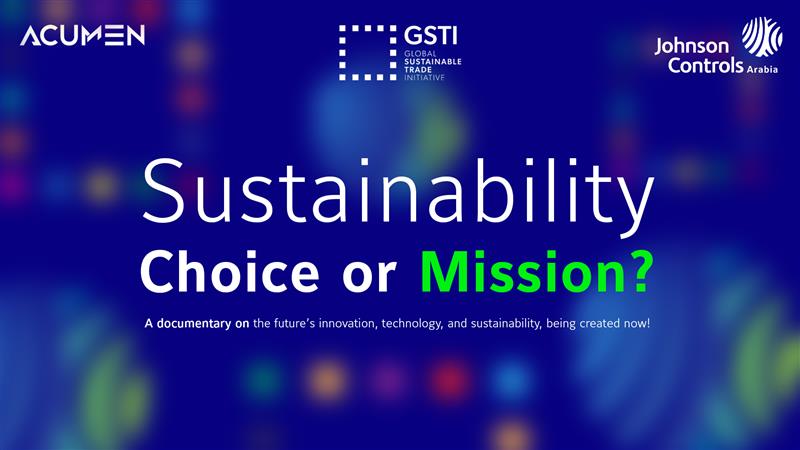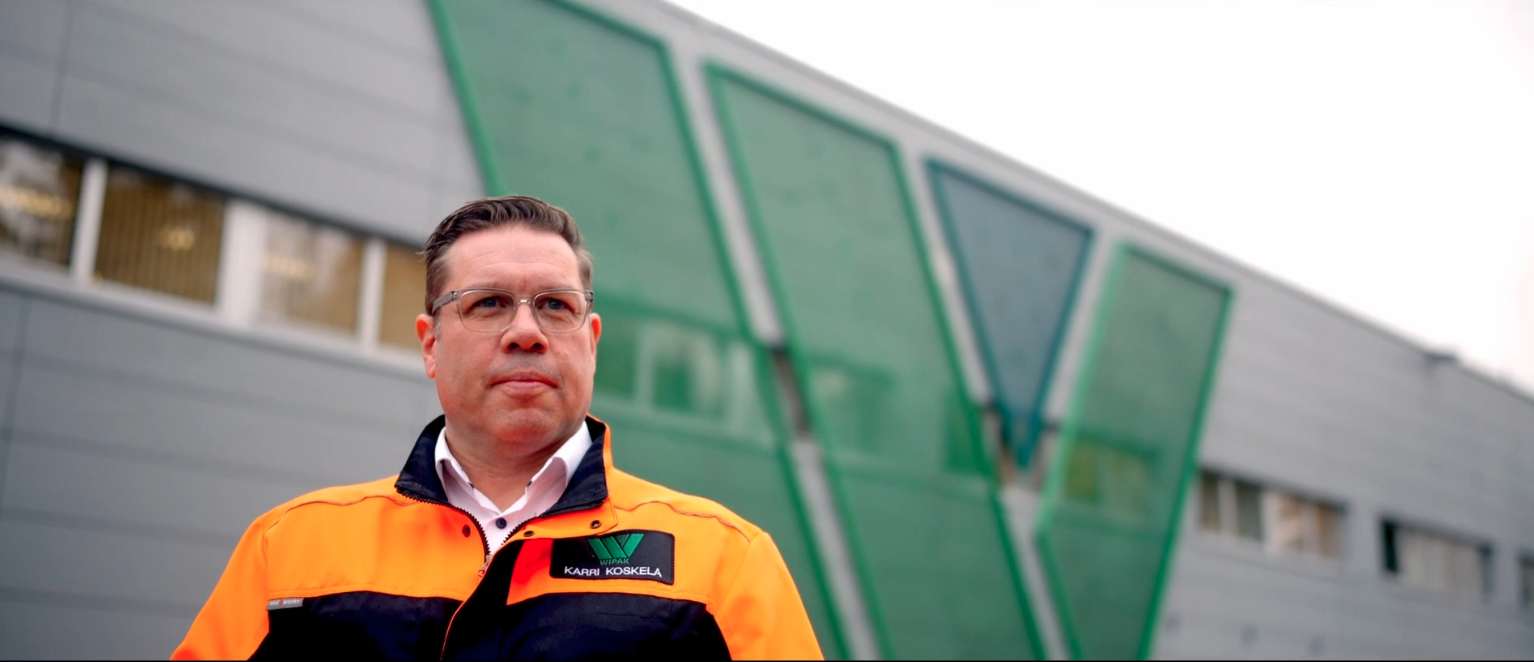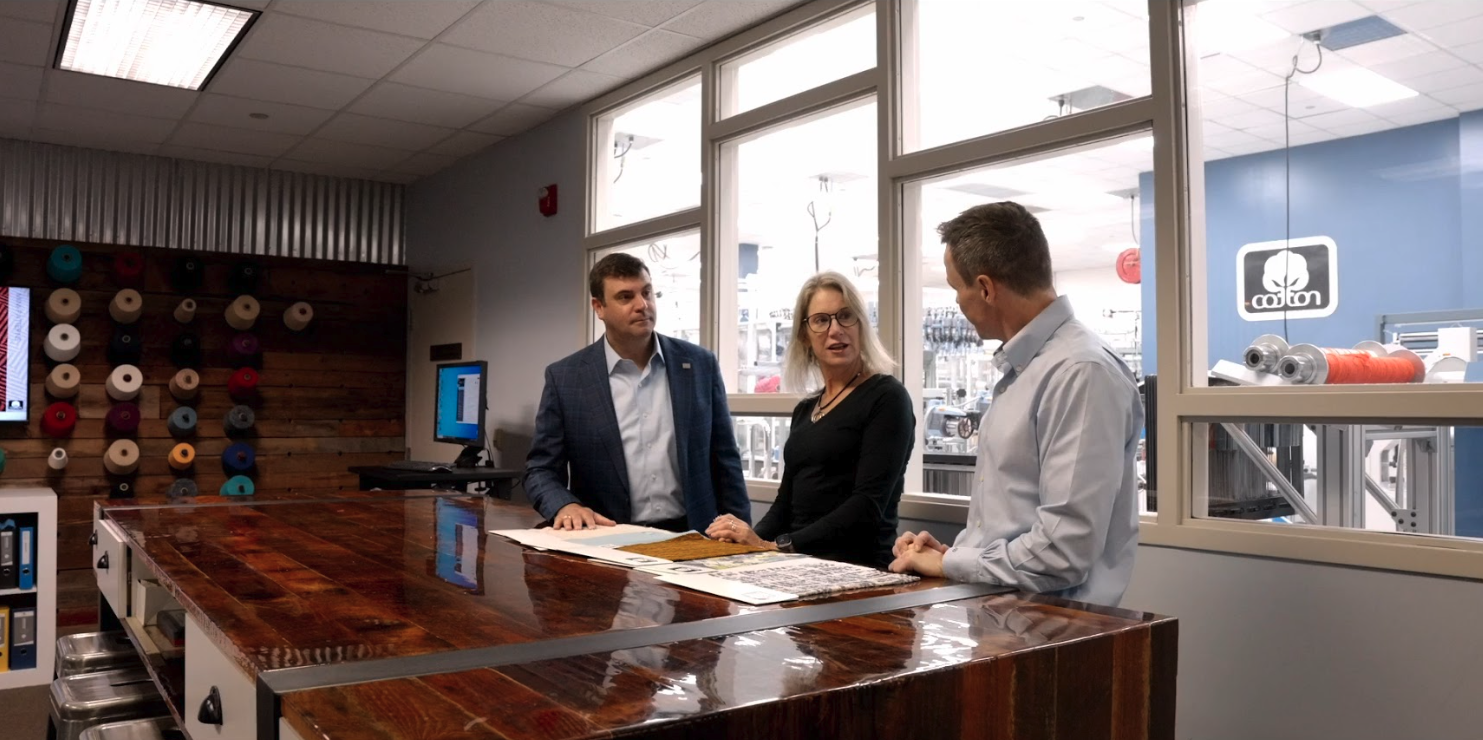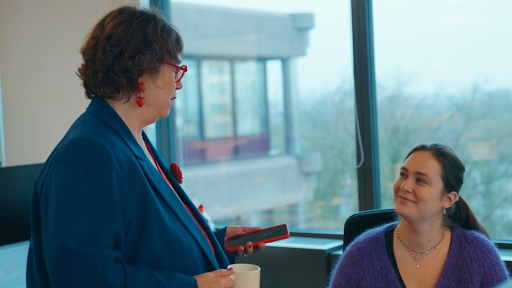Harnessing Tech for Sustainable Development
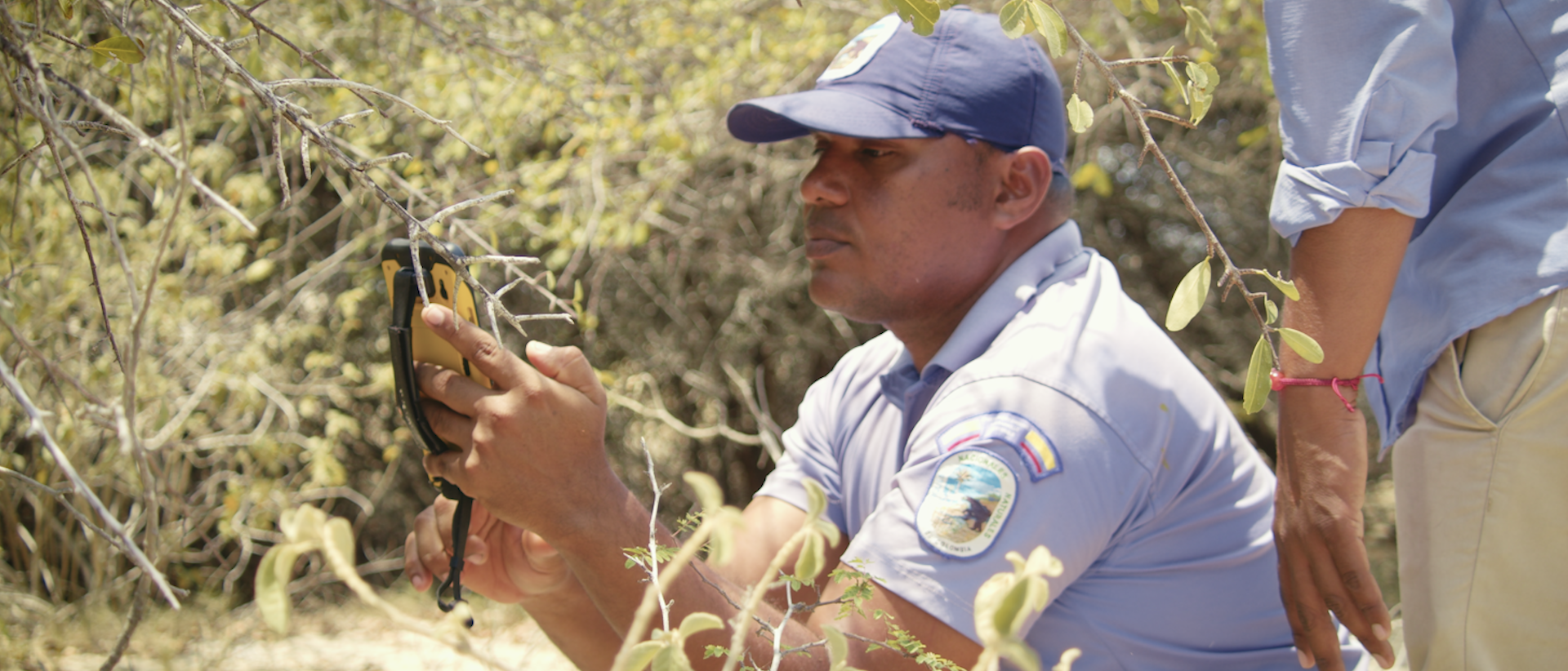
Chemonics’ global experts adapt technology to create local solutions to the world’s big challenges for sustainable development impact.
Famine, water scarcity, extreme weather—induced by climate change—and the recent pandemic have disrupted supply chains, heightening competition for resources. Prices soar and misinformation spreads, sparking conflict that frays the world’s social fabric.
Global sustainable development—a sector working to solve the world’s urgent challenges—is certainly not unfamiliar with these threats. Yet, while these problems may not be new, the contexts in which they arise are too complex for the development solutions used in the past or even today. According to estimates, more than 90% of the world’s data has been generated in just the last few years due to digital technologies, the internet, and social media.
Yet organizations use only a fraction of this data in decision-making. Opportunities to leverage technology abound. The deadline to meet the Sustainable Development Goals is fast approaching, and now is the time for the development community, the private sector, and government entities to use our resources and systems in different ways and to develop new ones. At Chemonics, we seek to take advantage of the world’s innovations and technological advancements to bring sustainable solutions to humanity’s complex and pressing challenges.
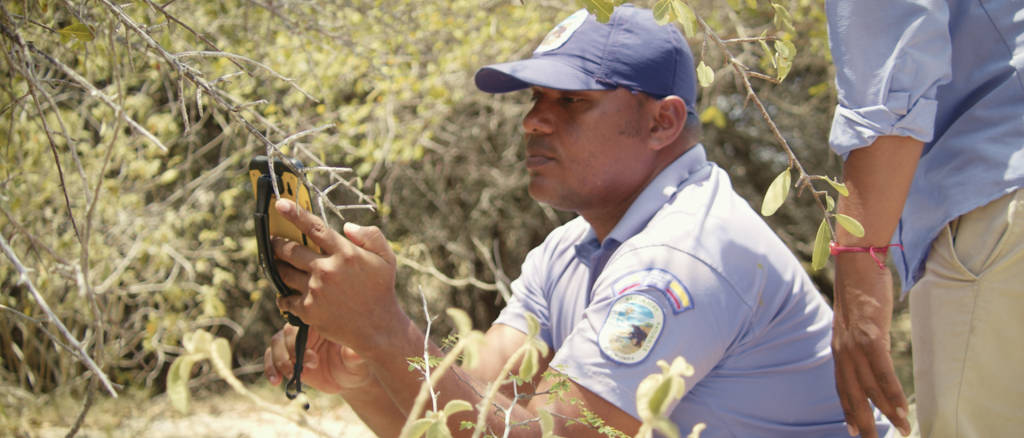
For almost 50 years, Chemonics has been a leader in sustainable development, partnering with communities, governments, entrepreneurs, and innovators globally to transform life-changing ideas into world-changing ones. How do we do this? We adapt technology and innovations that enable thousands of experts in 100 countries to create long-lasting solutions in their communities. For example, our teams have adapted an open-source software called Spatial Monitoring and Reporting Tool (SMART) and tailored it to meet specific conservation contexts and needs of countries such as the Philippines, Bangladesh, and most recently, Colombia. There, our teams’ innovative adaption of SMART allowed national park experts to quickly identify, monitor, and address climate-induced threats to regional biodiversity and ecosystems.
SMART is just one example of how we’re leveraging technology to maximize sustainable development impact. We’re investing in new fintech solutions to make digital transactions more accessible and affordable to rural banks and their customers in the Philippines. We’ve used drone technology to bolster global health supply chains in remote regions of Malawi. Elsewhere, we’ve partnered with local entrepreneurs and organizations to launch apps that help farmers access buyers in the hospitality industry and manage soil for crop production and connect with suppliers. Meanwhile, we supported the expansion of an app that equips women experiencing gender-based violence with tools to seek safety, support, and justice to rural areas.
While Chemonics has been around for half a century, we’re just getting started. The world’s challenges continue to grow more complex and more interconnected, and while technology can exacerbate problems in the wrong hands, we believe it offers transformative solutions. The expansion of AI, internet connectivity, and new media platforms means we can amplify previously unheard voices and scale innovative ideas to make the world better for everyone, everywhere. Learn more about what we do and how to join us in our mission at www.chemonics.com.



